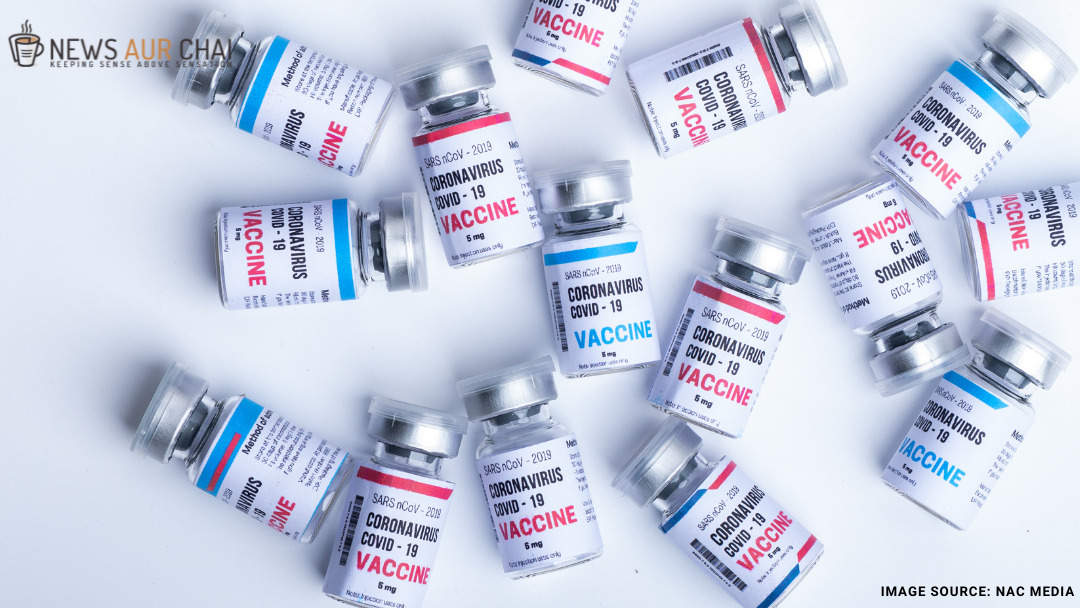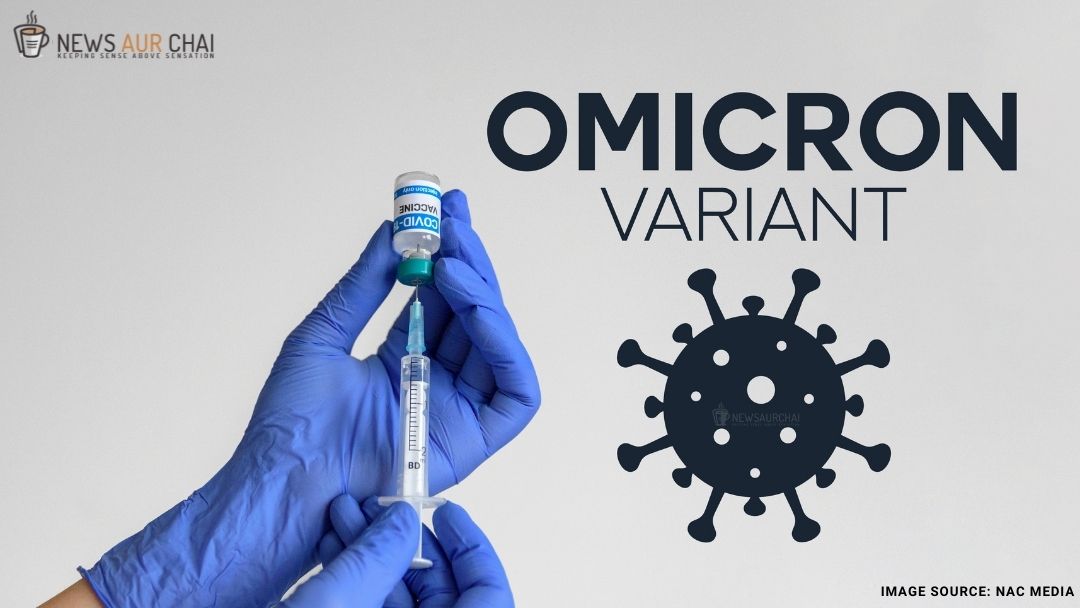
India’s new rules for vaccine approvals are obstructing many pharmaceutical companies, like Pfizer, from setting foot in the country. The rules, in turn, are making inoculation difficult for its public. Previously, a straightforward clinical trial proving its efficacy was enough for a vaccine to get approval in the country. The recently modified rules state that a vaccine will only be approved after several agencies give it the green light. These are — the US Food and Drug Administration (USFDA), the UK Medicines and Healthcare Products Regulatory Agency (UK MHRA).
The European Medicines Agency (EMA) and Pharmaceuticals and Medical Device Agency (PMDA) Japan are also included. Any medical agency listed by WHO as an emergency use authorization contact has to approve the vaccine. Further, the vaccine will undergo a clinical trial within 30 days of receiving a thumbs up from an emergency use contact.
Pfizer’s foray into India
The American pharmaceutical giant Pfizer has collaborated with German biotechnology company BioNTech. Pfizer previously withdrew their application for vaccine distribution in India due to non-compliance with the rules mentioned above. However, in April, it offered the vaccine at a not-for-profit price to the Indian government. It was approved in 82 countries, including the United States, Canada, and most of the countries in Europe.
In a message published on the Pfizer website earlier in May, CEO and President Albert Bourla said, “Pfizer stands in solidarity with all those affected by COVID-19 there [in India] and around the world and is doing everything possible to provide assistance.” He added, “The immediate need is to treat those who are suffering in hospitals across the county… we are donating enough of [COVID-19] medicines to ensure that every COVID-19 patient in every public hospital across India can get access to them in the next 90 days free of charge.”
Currently, the company is in talks with the government to get approval for vaccine distribution in India. It is already donating other medication worth $70 million. On May 27, the US pharma major assured Indian authorities that their vaccine is highly effective against the Indian coronavirus strain. Pfizer-BioNTech has also mentioned that their vaccine is suitable for everyone above 12. In contrast, India currently only allows vaccination for all people aged 18 and above.
The vaccine has undergone significant improvement over the last six months, including storage and shelf-life. A study from Israel found that it has a 91.3% efficacy in providing protection from the virus. It also provides 96.7% protection against death after the second shot. The shot is delivered to the muscle through an injection and requires two doses to be fully effective. The Pfizer-BioNTech vaccine can be expected to be available in India soon.
Side-effects to be wary of
Although the expected arrival of the vaccines in India may be between July and October this year, here is what you need to know before getting a jab:
According to FDA, some typical side effects of the Pfizer-BioNTech vaccine include:
- Fatigue
- Headache
- Nausea
- Chills
- Muscle or joint pain
- Diarrhea
- Fever
- Swollen lymph nodes
- Pain, redness, swelling at the injection site
Although rare, severe allergic reactions to the components of the vaccine are reported. Symptoms of such anaphylaxis are as follows:
- Dizziness
- Rashes
- Difficulty in breathing
- Swelling of the face and throat
- Rapid heartbeat
These anaphylaxis reactions are reported to be extremely rare and only affect 0.001% of vaccinated individuals.
A viral internet source claimed that the Pfizer-BioNTech vaccine caused pregnancy and fertility issues. It stated that antibodies produced by the body as a result of the vaccine target not only the SARS-CoV-2 virus but also a protein called syncytin-1, which is essential for reproduction — thus causing infertility.
However, the source has since been taken down, and the claim debunked on the grounds of false information. Furthermore, immunologists have demonstrated no virtual similarity between the genetic formation of either of the proteins. They ruled that COVID-19 or its vaccines do not affect fertility.
Moreover, Pfizer and BioNTech are continuing clinical trials to monitor the vaccine’s effects on pregnant people and their infants.
Should you get the shot?
International medical and regulatory agencies like the FDA, the CDC, and WHO are tracking the efficacy and risks of vaccines worldwide. To date, the Pfizer-BioNTech vaccine has achieved its claim and helped prevent the disease in 82 countries.
The vaccine’s side effects are typically a sign that it induces a positive protective response from the body’s immune system. Although these side effects may get relatively more prominent with each dose, they disappear in a few days. Additionally, the vaccine is a highly effective preventative measure to safeguard oneself from the virus and prevent severe illness or even death.





